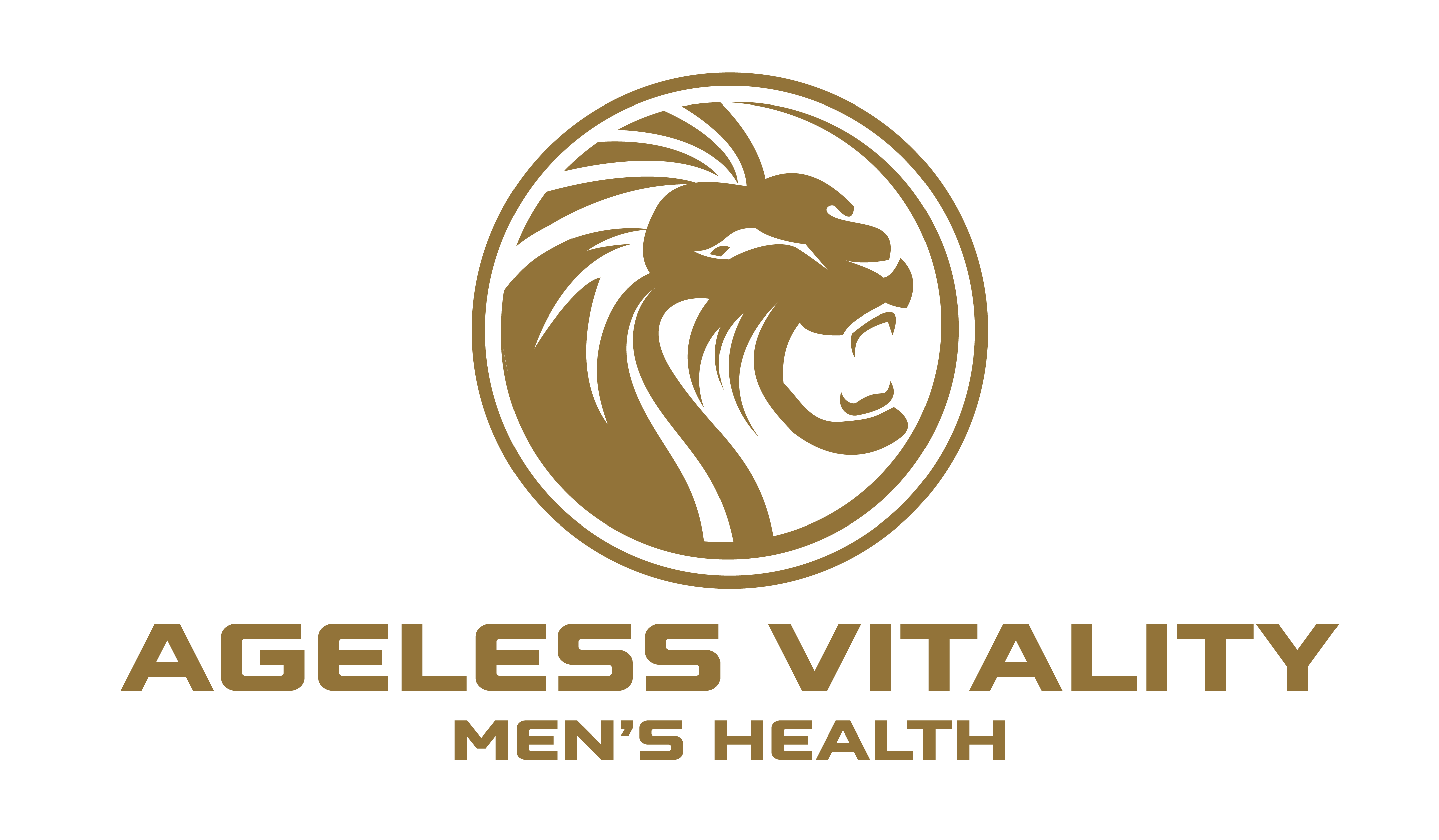Testosterone is often referred to as the “male hormone,” but its role in the body goes far beyond gender stereotypes. While it is the primary sex hormone in men, it is also present in women, albeit in smaller amounts, and plays a vital role in numerous bodily functions.
Testosterone impacts everything from muscle growth and bone density to mood and energy levels. In this blog, we’ll explore what testosterone is, how it functions in the body, and why maintaining healthy levels is essential for overall health and well-being.
What Is Testosterone?
Testosterone is a hormone produced primarily in the testicles in men and in the ovaries in women, with small amounts also produced by the adrenal glands. It belongs to a class of hormones called androgens, which are often referred to as “male hormones” because they are responsible for male physical traits. However, testosterone is crucial for both men and women, impacting various physiological processes beyond reproduction.In men, testosterone production increases significantly during puberty and begins to decline gradually after the age of 30. In women, although levels are much lower, testosterone still plays an important role in maintaining hormonal balance and overall health.
What Does Testosterone Do in the Body?
- Development of Male Characteristics
Testosterone is responsible for the development of male secondary sexual characteristics during puberty, such as increased muscle mass, deepening of the voice, and facial/body hair growth. It also plays a key role in sperm production and maintaining libido in men. - Muscle Growth and Bone Density
Testosterone is essential for building and maintaining muscle mass and strength. It also supports bone density, helping to prevent conditions like osteoporosis. Both men and women rely on testosterone for maintaining a strong musculoskeletal system. - Energy and Mood Regulation
Testosterone influences mental health and energy levels. Low testosterone levels have been linked to symptoms such as fatigue, depression, and irritability. Healthy levels of testosterone contribute to increased motivation, focus, and an overall sense of well-being. - Fat Distribution and Metabolism
Testosterone plays a role in regulating fat distribution in the body. Low levels can lead to increased fat accumulation, particularly around the abdomen. This is why maintaining healthy testosterone levels is critical for metabolic health. - Sexual Health
Testosterone is directly linked to libido and sexual function in both men and women. Low testosterone levels can result in reduced sex drive and, in men, erectile dysfunction.
Conclusion
Testosterone is a powerhouse hormone that affects nearly every aspect of physical and mental health. From developing male characteristics to supporting muscle and bone health, regulating mood, and influencing metabolism, testosterone is essential for both men and women.
Maintaining healthy testosterone levels is critical for overall well-being, and imbalances can lead to a range of health issues. If you suspect your testosterone levels are too low or too high, consulting a medical professional can help you identify the cause and develop a plan to restore balance. Understanding the role of testosterone in the body is key to optimizing your health and vitality.

